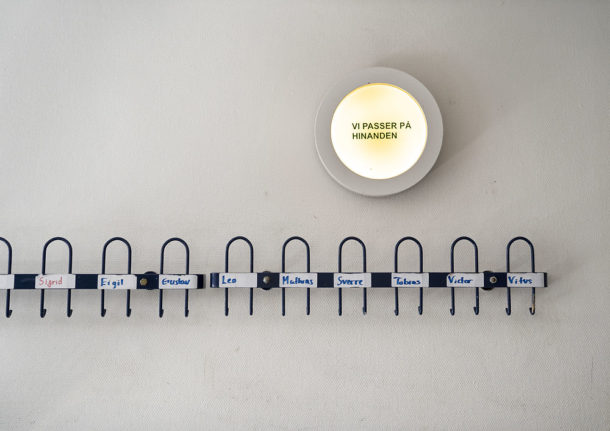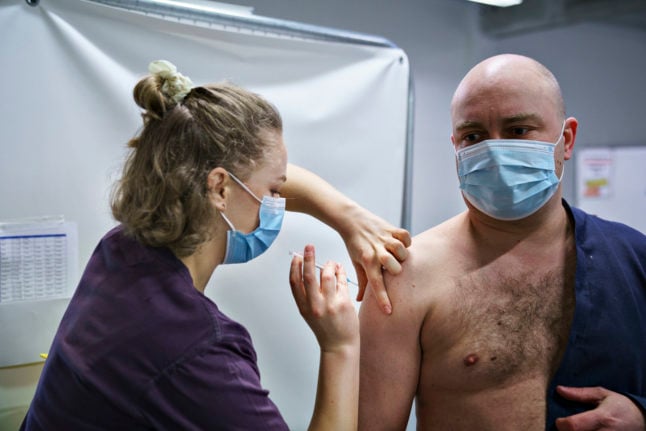The extension was announced by Prime Minister Mette Frederiksen at a press briefing on Thursday, confirming previous national media reports.
“The government has decided to extend restrictions until February 28th,” Liberal party health spokesperson Martin Geertsen, who attended a meeting with government ministers over the matter this afternoon, told DR earlier on Thursday.
“The government is basing (the decision) on medical grounds, and we take that into account,” Geertsen also said.
During the briefing, Frederiksen cited the more infectious B117 variant as the primary reason for extension of the lockdown.
“The new mutation is spreading, even with the very extensive restrictions that apply in Denmark,” the PM said.
The current restrictions include the closure of schools, universities, restaurants, cafes and non-essential stores as well as requiring most people to work from home where possible; public assembly limits of no more than five people; and mandatory face mask use in indoor public areas.
They have been in full effect since December 25th. Infection rates and hospitalisation numbers in the country have fallen significantly since last month, but authorities are concerned over the more infectious B117 variant and its potential impact on infection rates.
READ ALSO: Coronavirus: Variant B117 now responsible for 13 percent of Danish infections
According to Ritzau, the national infections disease agency, State Serum Institute (SSI) is to examine the possibility of allowing children from grades 0-4 to return to school prior to February 28th. But the extension of the lockdown means that schools will remain closed for all age groups, initially at least.
The B117 variant has been projected to become the dominant form in Denmark by the middle of next month. It is known to be significantly more infectious than previous forms of Covid-19.
The third week of 2021 saw the variant detected in 231 positive tests for the coronavirus, according to SSI data.
That is a slight increase compared to the previous week, when 224 cases were detected.
But B117 was found in 13.5 percent of analysed swabs – significantly more than the 7.4 percent that was found the previous weeks in swabs tested for presence of the variant.
Additionally, the overall number of new cases of Covid-19 fell between the two weeks, which makes the slight increase in B117 prevalence notable.
A delay of around one week in results from genome sequencing to test for B117 is also inherent in the data, meaning it only covers the first five days of the week beginning January 18th, but all of the previous week.
A total of 772 incidences of the B117 variant have now been detected in Denmark. The more infectious form of Covid-19 was first reported in the United Kingdom in December 2020.



 Please whitelist us to continue reading.
Please whitelist us to continue reading.
Member comments